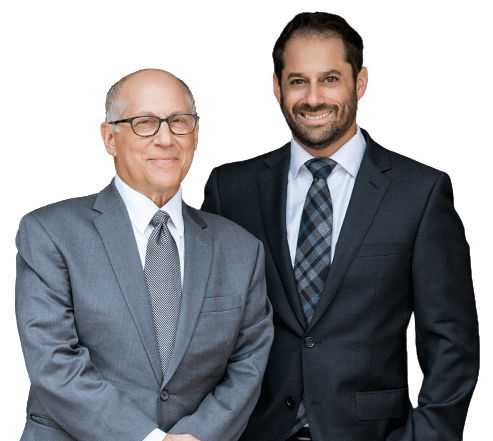For people living in Ohio and around the country, accidents can happen that cause slips, trips, or falls, whether in the course of daily living or the monotony of scheduled activities. The injuries from such events cause injuries as minor as bruises or sprains, and as serious as concussions, spinal injuries, and even broken bones. They can occur within the premises of an establishment or outside on the grounds.
Such tragic occurrences are often preventable, especially if the owner of a restaurant, shop, apartment, or office has allowed a dangerous condition to appear on the property that can create conditions for an accident to happen. For residents of Cleveland and surrounding areas, knowing what to do in the event of such an accident and taking timely steps to file a claim can make all the difference in a slip-and-fall claim.
The legal theory of premises liability
Ohio laws follow the common law theory of premises liability, which defines the level of care the property owner owes to the injured party according to what type of visitor the injured party was when the accident occurred. The landowner owes different levels of care to:
- An invitee, who is someone the landowner has invited for the landowner’s benefit, whether as a personal guest, a customer, client, or business associate, and to whom the owner owes the duty of care to maintain the property, discover hazards and warn guests of dangers.
- A licensee, who is someone the landowner has allowed entry for the guest’s own pleasure or benefit, to whom the owner owes the duty to refrain from willfully or recklessly causing injury, and to warn the guest of hidden dangers.
- A trespasser, to whom the landowner owes a similar duty of care as to a licensee.
Filing a slip-and-fall claim in Ohio
A slip-and-fall lawsuit is a negligence claim in which the plaintiff must prove that the defendant:
- created the condition
- knew it existed but failed to address the problem and fix it
- must have known about it since it had been there long enough that they could not have failed to know
Some premises liability claims can be challenging, but where there was a clear safety violation, the case is easier to prove. It is important to note that as Ohio is a comparative negligence state, if the court finds that the plaintiff was partially responsible for the accident, the amount of the award will be reduced by the proportion of fault attributable to them. The Buckeye State also has a two-year statute of limitation on negligence claims.

